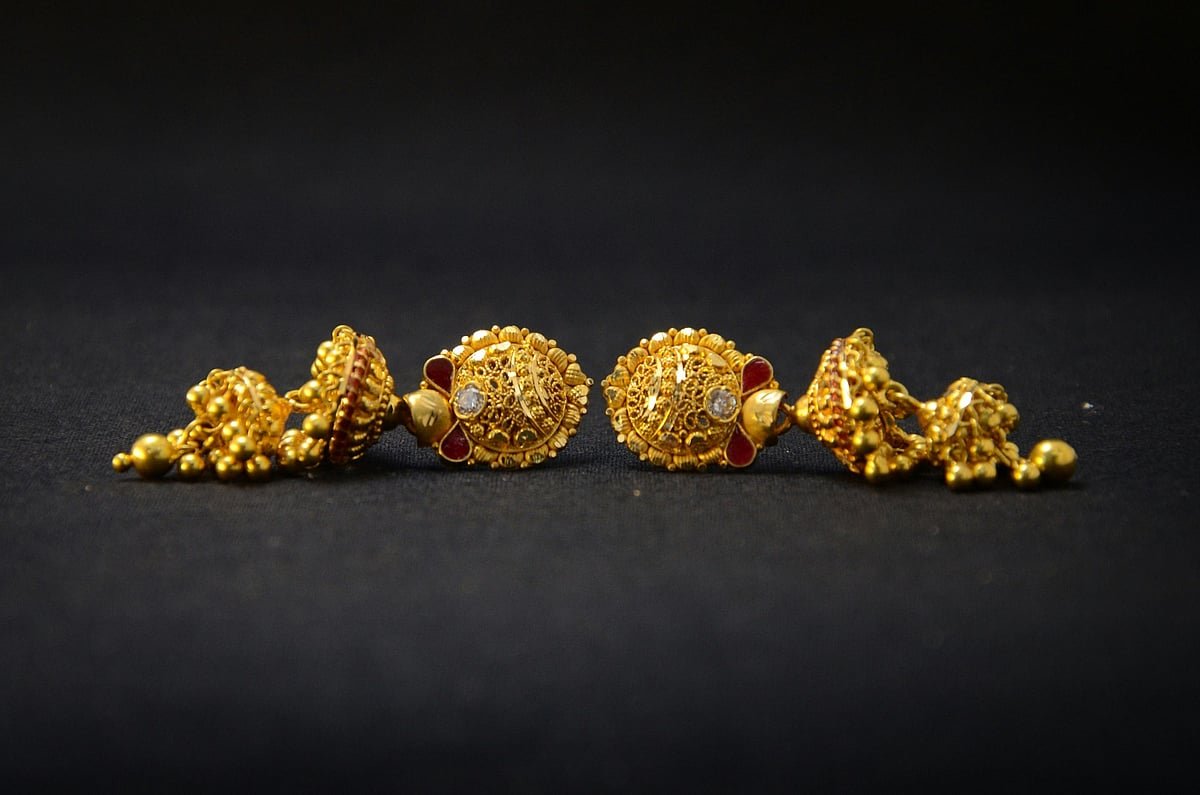There is no specific limit prescribed under the Income Tax Act, 1961, to receive gold coins or jewellery as a gift. However, tax may apply depending on the source of the gift and the total fair market value of the gold items. Other gift items, beyond the threshold limit of their fair market value, will also attract tax as per the existing laws.
Gifts are taxed under Section 56(2)(x) of the Income Tax Act. It covers money or property received without consideration. This can include gold, jewellery, shares and real estate. Such gifts are taxed under “Income from Other Sources.”
However, there are exemptions under certain circumstances, allowing people to receive gifts without attracting tax. For instance, gifts from specified relatives are not taxable. This applies even to gold received during festivals like Diwali. But, if you receive gold from friends or non-relatives, tax may apply.
In case of relatives, gifts (even gold) received from parents, siblings, spouse, in-laws, or lineal ascendants or descendants, are fully exempt from tax. Therefore, gold gifted by these family members on Diwali carries no tax liability.
Gold received from friends or non-relatives is taxable if the total fair market value of all gifts from such persons exceeds Rs 50,000 in a financial year.
The only instance when gifts are fully exempt from tax, regardless of value or who gives them, is on the occasion of an individual’s marriage. All gifts, including gold, received during marriage are completely tax-free.



